One of Avowed‘s greatest strengths is its combat. The ability to mix and match weapon types and swap between two loadouts on the fly adds a ton of variety and strategy to each and every combat scenario in Avowed, and the ability to access and upgrade any skill tree at any time allows players to continue experimenting throughout Avowed‘s runtime.
All playstyles are viable in Avowed, from dual-wielding pistols to swinging a great hammer, and all playstyles have the potential to be a lot of fun to use. But Avowed‘s magic combat is a particular highlight, and though it might initially look a little similar to past fantasy RPGs like Skyrim, Avowed‘s magic has some fundamental differences that set it apart from the crowd.
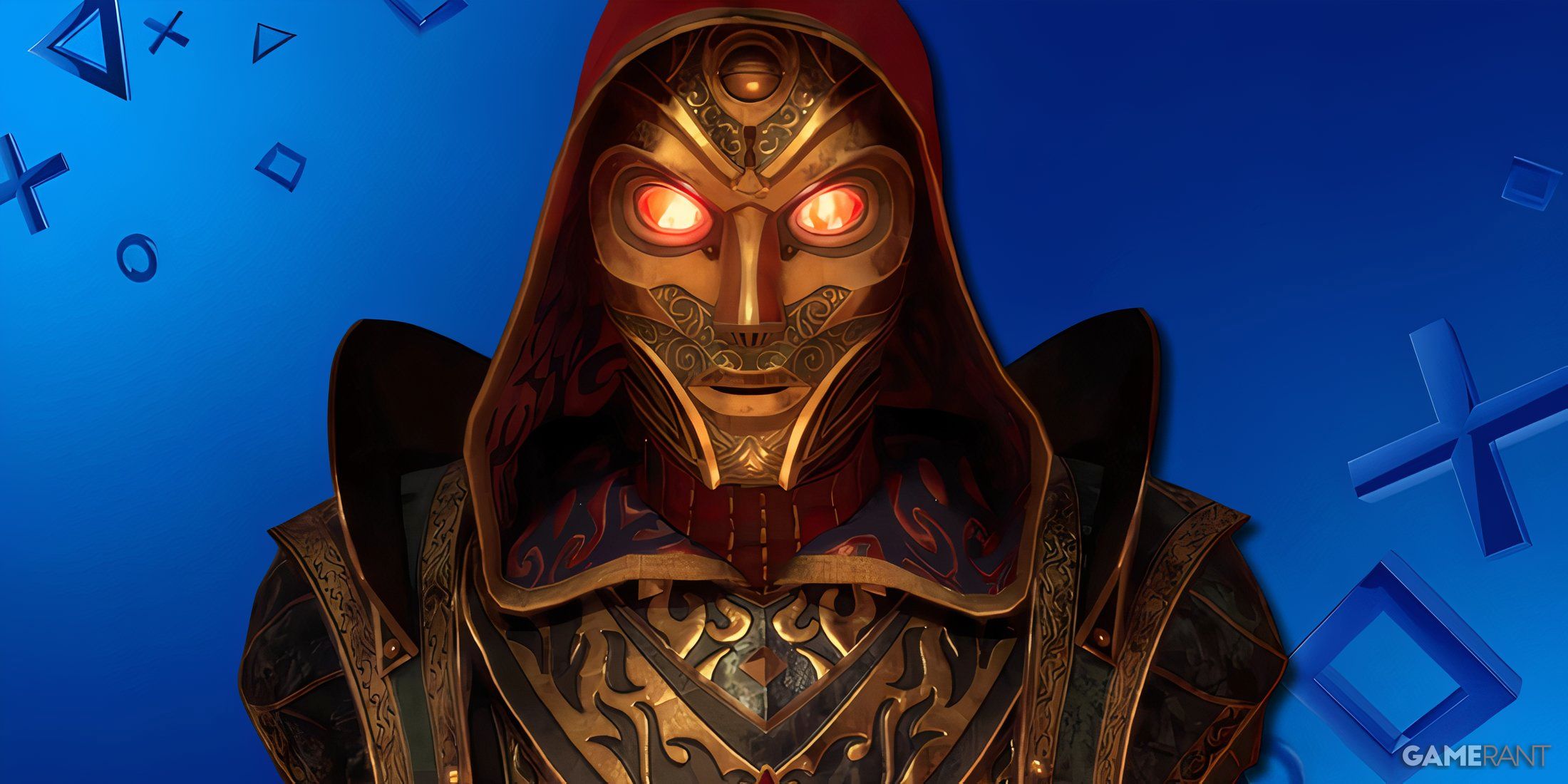
Related
Avowed Coming to PlayStation in 2025 Would Make Sense, But There’s One Barrier to Consider
Avowed coming to PlayStation 5 in 2025 seems plausible, but there’s one factor that could put a wrench into Microsoft’s potential plans.
How Avowed’s Combat Compares to Skyrim’s
Avowed Includes Wand Combat
The most immediately obvious difference between Avowed and (vanilla) Skyrim‘s magic combat is that the former includes the use of wands. In Avowed, wands are one-handed ranged weapons that fire a homing blast of concussive energy. Attacks made using a wand drain the player’s stamina, not their Essence (mana), which allows players to attack continuously. Avowed‘s wands aren’t overly flashy or complex, but they’re a great companion to an off-hand grimoire.
Avowed’s Grimoire Functions A Little Differently to Skyrim’s Magic
Grimoires are the primary way in which players use spells in Avowed. Each grimoire comes with a pre-determined set of four spells that can be used both in and out of combat. Each of the four spells requires its own set amount of Essence, and each one has an individual cooldown timer.
Avowed‘s grimoires function quite differently from Skyrim‘s magic. In Skyrim, only two spells can be equipped at any one time, one in each hand. These spells don’t act like abilities with separate cooldowns, but they do draw from the same well of Magicka energy.
Leveling up Avowed‘s Grimoire Mastery ability allows players to use some spells without the need to equip a grimoire.
Avowed’s Spellcasting Skill Tree Is Much More Streamlined Than Skyrim’s
Another core difference between Avowed and Skyrim‘s magic can be found in how their skill trees are presented. In Skyrim, each of the game’s six magic types (Restoration, Destruction, Illusion, Enchantment, Conjuration, and Alteration) receives its own separate skill tree, filled with abilities and stat boosts associated with the respective magic.
In Avowed, players are given access to just one “Wizard” skill tree. This skill tree is separated into five tiers that are unlocked consecutively as the player hits Level 1, 5, 10, 15, and 20. The Wizard skill tree is also loosely split into two sections: passive abilities and active abilities. Each skill can be upgraded three times, adding new bonuses and effects such as increased spell duration.
Both games offer a similar level of freedom with their skill trees, but in slightly different ways. While Skyrim‘s separate skill trees allow players to pick and choose abilities from each branch of magic, it requires players to progress through each tree linearly. Avowed, on the other hand, allows players to put points into any of its magic abilities at any time, just as long as their overall level has unlocked the tier they’re looking at.
Avowed Has Its Own Form of Skyrim’s Shouts
In Skyrim, players gain access to a range of “Dragon Shouts” during the course of the main story. These Shouts can be wielded by any player, regardless of class. Avowed has its own version of these Dragon Shouts, with players being able to unlock a handful of “Godlike” abilities throughout the game, such as the ability to revive allies and slam enemies into the ground.
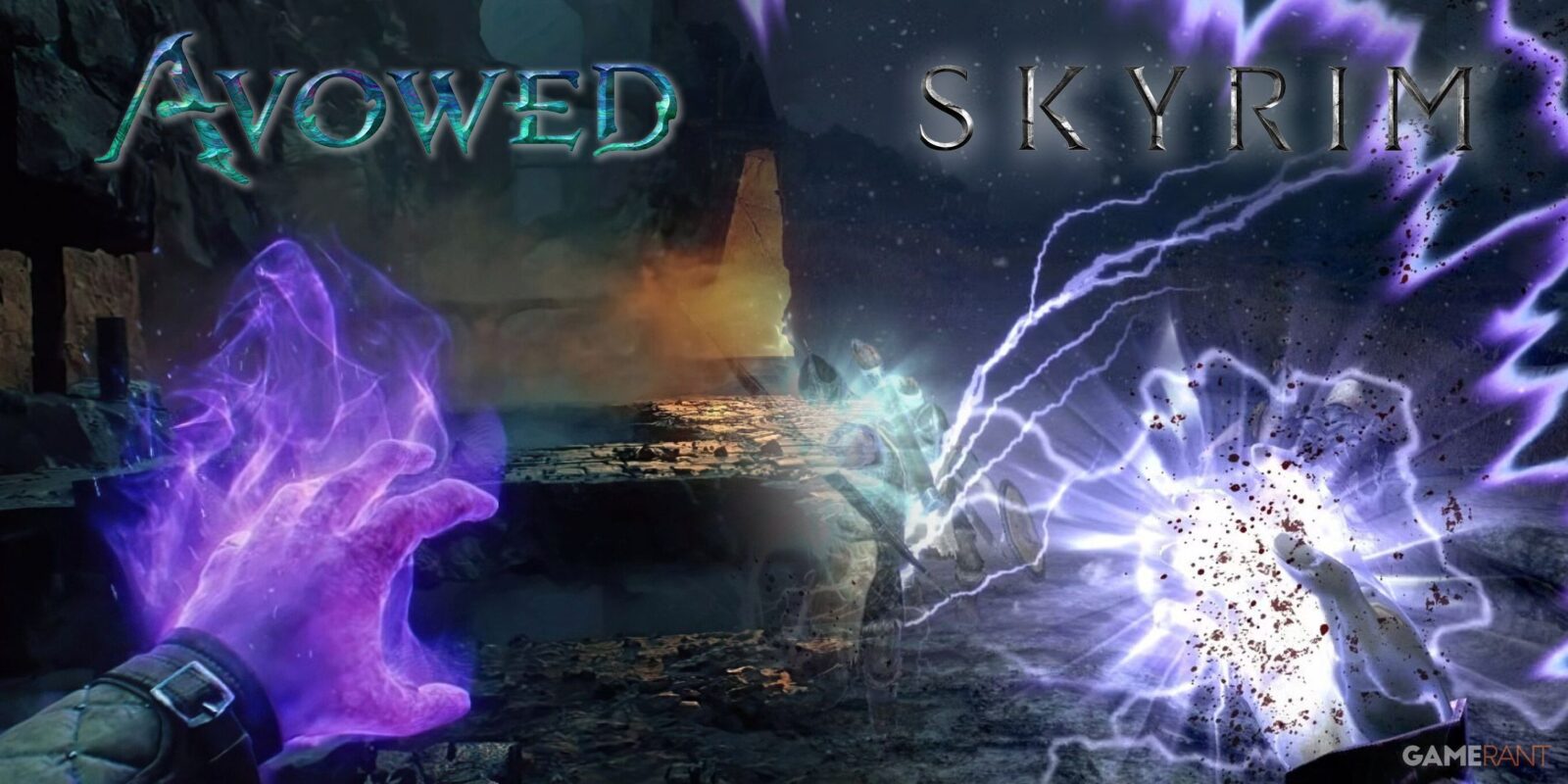
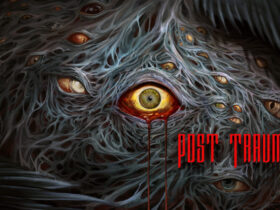
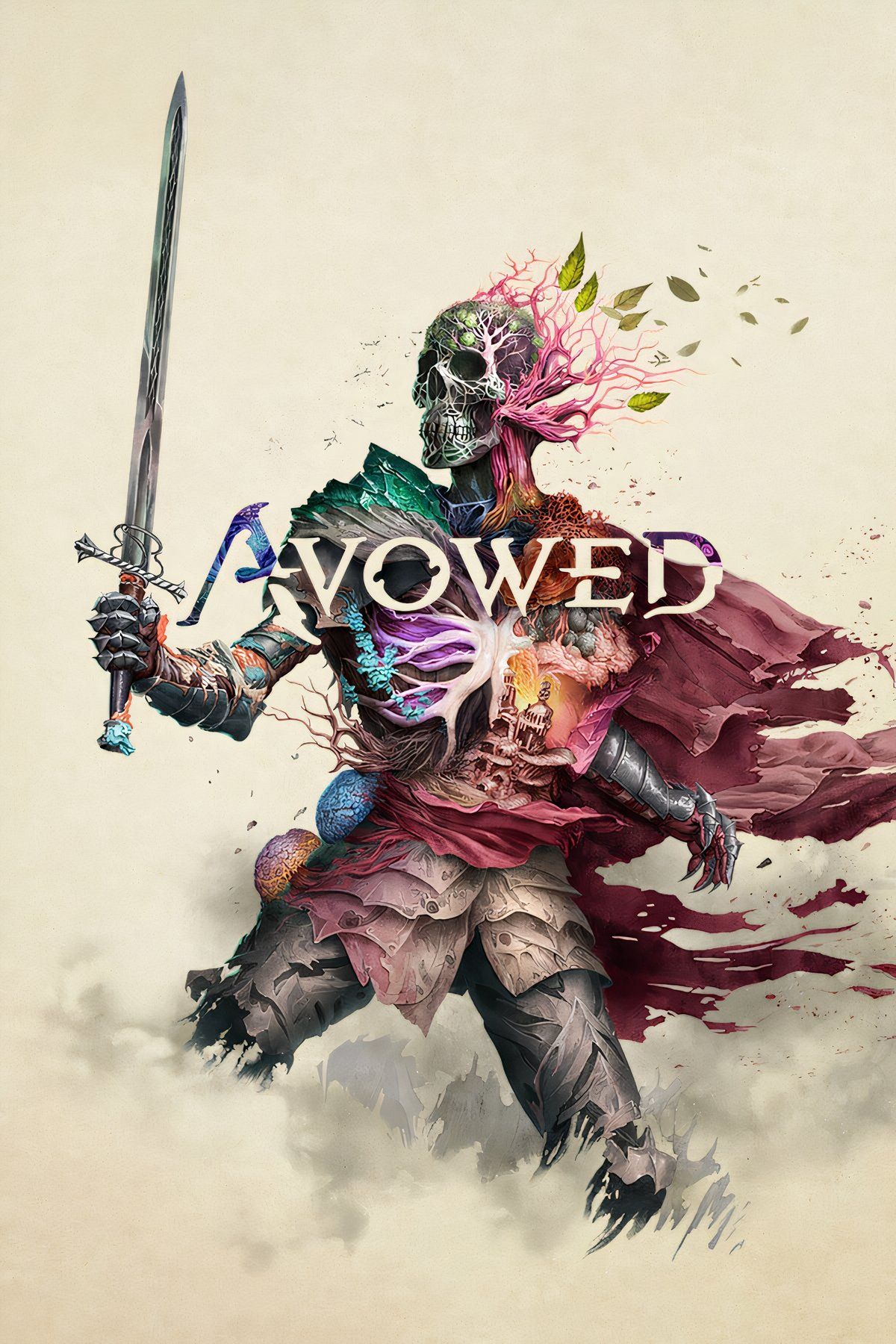







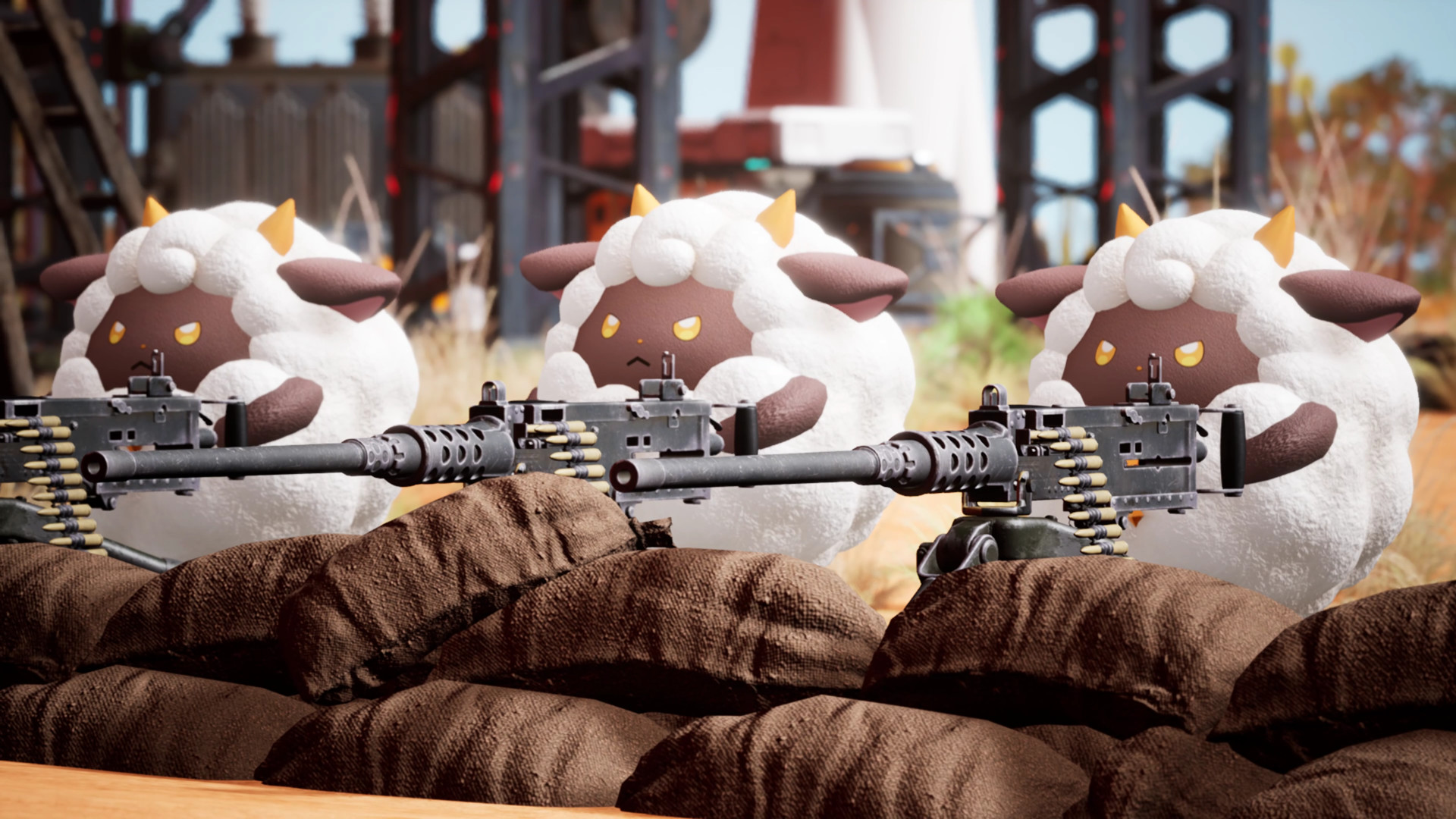

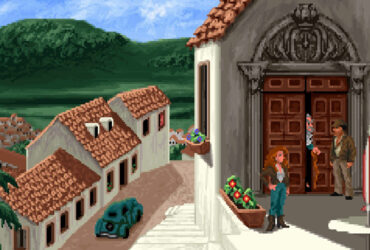

Leave a Reply